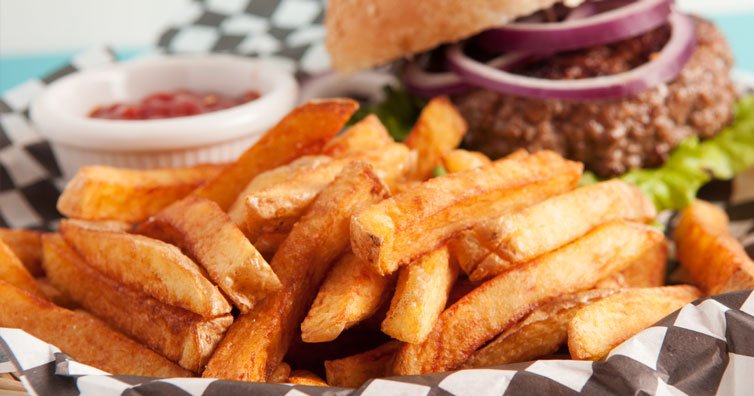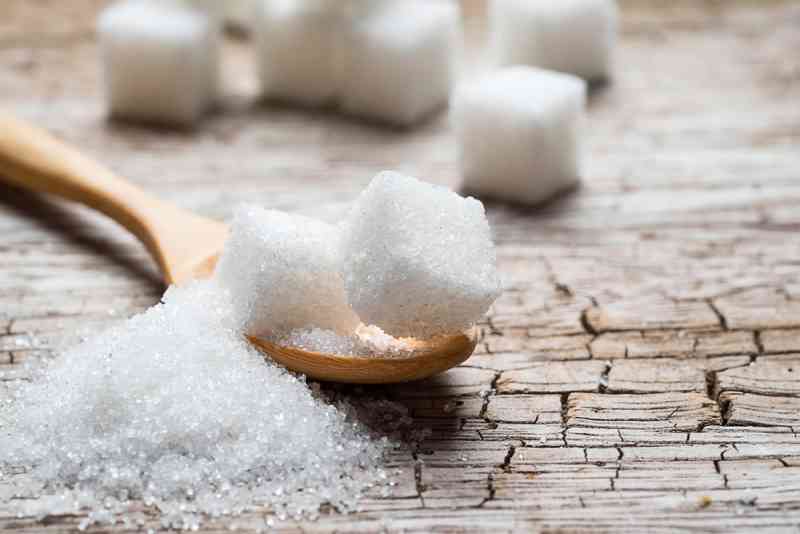The Canadian Mental Health Association defines anxiety as a mental illness that seriously impacts our lives and how we think, feel and act. For example, they explain that a panic attack, which is a type of anxiety episode, is a feeling of sudden and intense fear that will last for a short period of time. With that said, there are certain types of foods and drinks that can trigger or contribute to anxiety and depression. Below you will find the top foods to avoid if you have anxiety.
1. Caffeine: Most people are aware that caffeine is mostly present in coffee, energy drinks, teas, and chocolate. Dietitians of Canada explains that caffeine excites the nervous system and has the ability to improve alertness for short periods of time. Keeping that in mind, the Canadian Mental Health Association states that when someone is suffering from anxiety, specifically panic attacks, they can experience a racing heart and shortness of breath.
Now, Roland Griffiths, Ph.D., a professor in the departments of psychiatry and neuroscience at the Johns Hopkins University School of Medicine, told Livestrong in an interview that caffeine can trigger and even worsen anxiety and panic disorders because it can cause jitters, irregular heartbeats, nervousness, and headaches. To back up his statement, the National Institute of Mental Health recommends that people who are suffering from anxiety disorders should avoid caffeine. In addition, psychologist Norman B. Schmidt, Ph.D., told Livestrong in an interview, ‘If you tend to be a high-strung, anxious person, using high doses of caffeine can be risky.’
2. Alcohol: The American Addiction Centers explain that some individuals will resort to alcohol consumption in order to try and deal with anxiety. People might assume, because alcohol is a depressant and often has a sedative effect on people, it could be used to unwind. But the National Center for Biotechnology Information explains that using alcohol to help reduce anxiety will often backfire on people. In fact, they also mention that prolonged alcohol consumption can actually cause anxiety.
In addition, the Anxiety and Depression Association of America states that around 15 million U.S. adults or 7% of the population have a social anxiety disorder in any given year. They also mention that about 20% of people with social anxiety also suffer from alcohol abuse, so if you are suffering from social anxiety, it is best to stay away from alcohol unless you are confident you can consume it in moderation.
3. Sugar: According to Dr. William Cole, senior clinic director of Cole Natural Health Centers, current research has found that high levels of serotonin can make anxiety worse. Sugar is one of the main sources that can raise levels of serotonin. A study that is published in the journal JAMA Psychiatry was conducted to see if there was an association between serotonin synthesis and social anxiety disorder.
For the study, 18 patients with social anxiety disorder underwent PET imaging along with 19 healthy controlled participants. PET imaging is a nuclear imaging technology that allows you to see the metabolic process in the body. Results showed that there were increased serotonin levels in the patients suffering from social anxiety disorder.
4. Trans Fats: Trans fat, which is also known as hydrogenated fat, is considered one of the worst foods for your diet, but what many don’t know is it’s also bad for your moods. According to a study published on PLOS, trans fat is associated with an increased risk of depression. Spanish researchers followed over 12,000 Spanish university graduates, who had no depression symptoms, for a total of six years. They monitored their intakes of various types of fat and their occurrence of depression.
Researchers found a substantial relative increment (48%) in depression risk among the highest category of intake. Researchers added that one of the reasons trans fats could increase depression symptoms is because of inflammation and altered functioning of the endothelial cells which line the blood cells.
 EkaterinaMarkelova/shutterstock.com
EkaterinaMarkelova/shutterstock.com5. Gluten: Celiac Disease, which is an immune-mediated disease dependent on gluten, was reported to be associated with depression and other related mood disorders, according to a study published on PubMed. Another study mentioned on PubMed found that the elderly population that was gluten sensitive were twice as likely to be diagnosed with depression when they were compared to the controlled group.
Before adding or removing certain foods from your diet, I would suggest that you consult your physician first to see if you suffer from any mental health disorders. From there, I would consult a dietitian or nutritionist and have them help you create a proper diet that will not contribute to your mental health disorder.
Disclaimer: Bestie does not provide medical advice,





